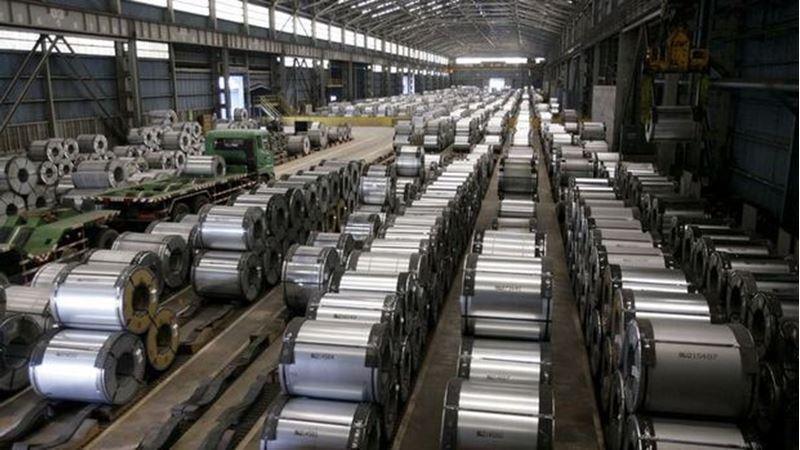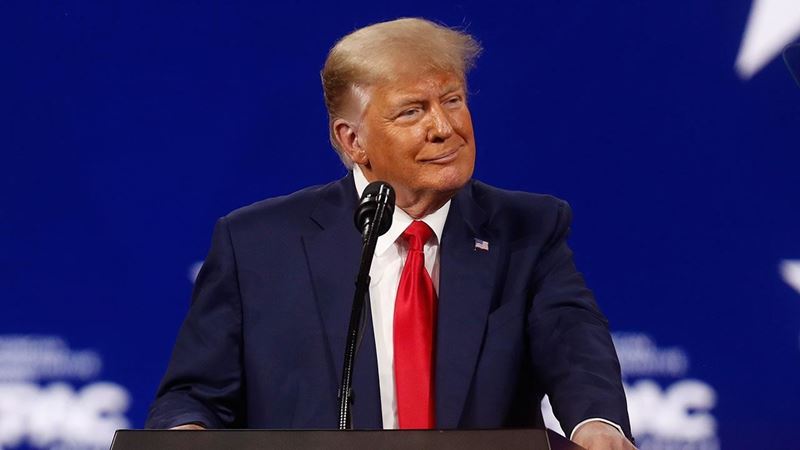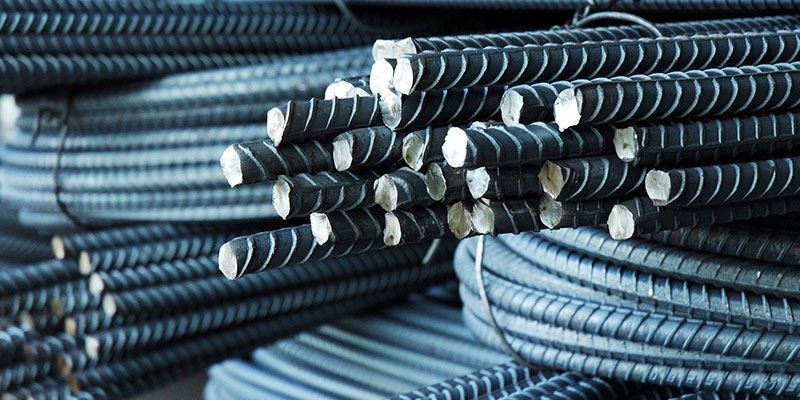On August 22, China's Ministry of Industry and Information Technology (MIIT) issued a circular requesting all provincial and regional governments in China to immediately announce the suspension of public announcements and disclosures regarding plans for new steelmaking capacity swaps between steel producers.
As of June 1, 2021, the new capacity-swap rules put steel producers on a path of significant change. According to this rule, steel producers must reduce their current production capacity or shut down old facilities bought from other producers before they can start new iron or steel production.
In addition, new regulations were introduced for steelmaking capacities in areas susceptible to atmospheric pollution, such as Beijing-Tianjin-Hebei. In this context, it was stated that the swap ratio between old and new capacities for blast furnaces (BFs) should be at least 1.5:1. For electric arc furnaces (EAFs), this ratio was set at 1:1. These regulations aim to minimize environmental impacts and improve air quality.
China’s Ministry of Industry and Information Technology (MIIT) announced that the exchange guidelines will drive significant improvements, layout optimizations, and mergers and acquisitions in the country’s steel industry. From January to July 2024, a total of 15 steel producers across eight provinces and autonomous regions across China announced plans to build about 8.05 million tons/year of iron production capacity in blast furnaces (BFs) and 15.42 million tons/year of steel production capacity in electric arc furnaces (EAFs) and converters. These producers reportedly pledged to scrap about 10.84 million tons/year of old iron production capacity and 18.41 million tons/year of steel production capacity.
China’s Ministry of Industry and Information Technology (MIIT) has announced that the country’s steel industry is currently facing new supply and demand challenges. The ministry noted that new development directions such as ‘green’ and low-carbon steel have created new problems for the industry to solve.
The MIIT decided to suspend actions based on existing regulations from August 23 and to speed up the process of revision of the guidelines.







Comments
No comment yet.